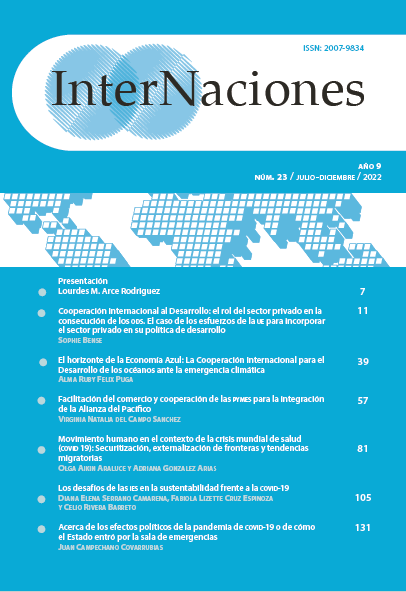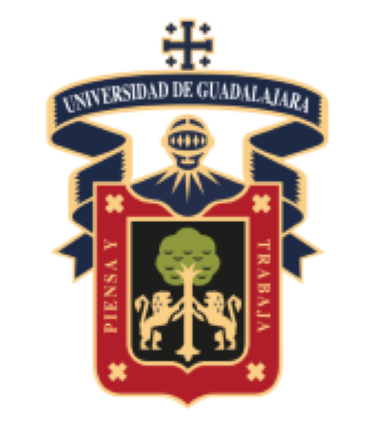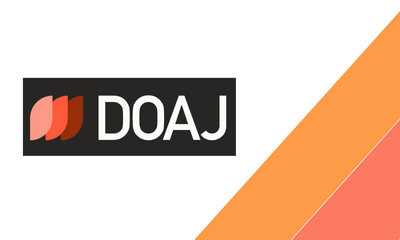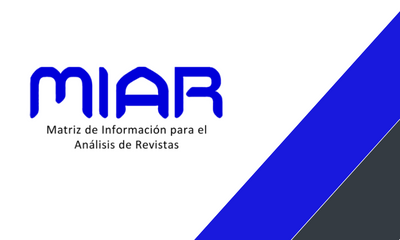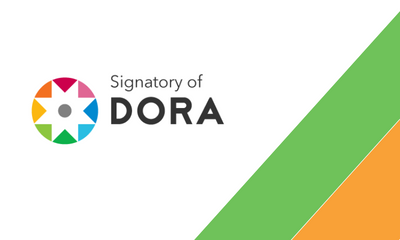Human Movement in the context of the global Health crisis (Covid 19)
Securitization, externalization of borders and migration trends.
DOI:
https://doi.org/10.32870/in.vi23.7226Keywords:
Migration, human mobility, securitization, covid-19 pandemicAbstract
This paper explores the consequences of the Covid-19 pandemic on international migration of vulnerable groups in the context of the dominant securitization paradigma. Drawing on the analysis of NGOs and International Organizations reports on the matter, we derive certain trends that currently characterize international migration and border crossings in different parts of the world. We also examine the combined effect of border outsourcing and the sanitary covid crisis, analyze two case studies of conflictive borders (Libia and Mexico) and explore the potentially dangerous and desestabilizing effects that these policies might have on countries or whole regions.Downloads
References
Alto Comisionado de Naciones Unidas para los Refugiados, acnur (2020, septiembre). “unhcr Position on the Designations of Libya as a Safe Third Country and as a Place of Safety for the Purpose of Disembarkation Following Rescue at Sea”. Recuperado el 15 de marzo de 2021 en: https://www.refworld.org/docid/5f1edee24.html
Amnistía Internacional (2020a). “Entre la vida y la muerte. Refugiados y Migrantes atrapados en la espiral de abusos en Libia”. Recuperado el 2 de marzo de 2021 en: https://www.amnesty.org/download/Documents/mde1930842020spanish.pdf
―――― (2020b). “Guía para proteger los Derechos de las Mujeres y Niñas durante la Pandemia covid-19”. Recuperado el 5 de febrero de 2021 en: https://www.amnesty.org/download/Documents/amr0121412020spanish.pdf
Banco Mundial (2020). “Apoyo para 100 países en respuesta a la covid‑19 (Coronavirus)”, Washington D.C. Recuperado el 10 de febrero de 2021 en: https://www.bancomundial.org/es/news/press-release/2020/05/19/world-bank-group-100-countries-get-support-in-response-to-covid-19-coronavirus
Comisión Económica para América Latina y el Caribe, cepal (2020). Los efectos del covid 19: una oportunidad para reafirmar la centralidad de los derechos humanos de las personas migrantes en el desarrollo sostenible. Centro Latinoamericano y Caribeño de Demografía (celade), Santiago de Chile. Recuperado el 25 de febrero de 2021 en: https://repositorio.cepal.org/bitstream/handle/11362/46353/4/S2000618_es.pdf
Comisión Mexicana de Defensa y Promoción de los Derechos Humanos, CMDPDH (2020). Informe sobre los efectos de la pandemia de covid-19 en las personas migrantes y refugiadas. Violaciones a Derechos Humanos documentadas por organizaciones defensoras y albergues en México. México. Recuperado el 12 de marzo de 2021 en: http://www.cmdpdh.org/publicacionespdf/cmdpdh-informe-migracion-y-covid-19.pdf.
Human Rights First (2020). “Humanitarian Disgrace: U.S. Continues to Illegally Block, Expel Refugees to Danger”. Recuperado el 12 de marzo de 2021 en: https://www.humanrightsfirst.org/resource/humanitariandisgrace-us-continues-illegally-block-expel-refugees-danger
Human Rights Watch (2021a). World Report 2021. Recuperado el 5 de mayo de 2021 en: https://www.hrw.org/sites/default/files/media_2021/01/hrw_world_report_2021.pdf
―――― (2021b). “‘Like I’m Drowning’. Children and Families Sent to Harm by the US ‘Remain in Mexico’ Program”. Recuperado el 5 de mayo de 2021 en: https://www.hrw.org/report/2021/01/06/im-drowning/children-and-families-sent-harm-us-remain-mexico-program
Huysmans, J. (2000). “The European Union and the Securitization of Migration”, Journal of Common Market Studies, 38(5), pp. 751-777.
International Federation of Red Cross and Red Crescent Societies, IFRC (2020). Least Protected, Most Affected: Migrants and refugees facing extraordinary risks during the covid-19 pandemic, Ginebra: IFRC. Recuperado el 25 de febrero de 2021 en: https://reliefweb.int/sites/reliefweb.int/files/resources/ifrc-report-covid19-migrants-least-protected-most-affected.pdf
Internacional Organization of Migrations, IOM.(2020, 14 de agosto). Comunicación.“1,200 Missing Migrants Recorded Thus Far in 2020 May Well Undercount Totals Since covid-19 Outbreak”. Recuperado el 25 de febrero de 2021 en: https://www.iom.int/news/1200-missing-migrantsrecorded-thus-far-2020-may-well-undercount-totals-covid-19-outbreak
Oficina de Naciones Unidas para la Droga y el Delito, UNODC(2020). “How covid-19 restrictions and the economic consequences are likely to impact migrant smuggling and cross-border trafficking in persons to Europe and North America”. Recuperado el 10 de marzo de 2021 en: https://www.unodc.org/documents/data-and-analysis/covid/covid-relatedimpact-on-SoM-TiP-web3.pdf
ONU Mujeres México (2020). “Mujeres migrantes y refugiadas en el contexto de la covid-19”. Recuperado el 25 de febrero de 2021 en: https://mexico.unwomen.org/es/digiteca/publicaciones?Region=754859072ef244a89fc7e09a4451dad6
Organización Internacional para las Migraciones, OIM.(2020). Informe sobre las Migraciones en el Mundo 2020. Ginebra: Organización Internacional para las Migraciones. Recuperado el 10 de febrero de 2021 en: https://publications.iom.int/system/files/pdf/wmr_2020_es.pdf
Orozco, G. (2011). “Securitización en tiempos de globalización: elementos para el análisis en el área andina”, en Godoy et al., Construyendo lo global: aportes al debate de relaciones internacionales. Barranquilla, Colombia: Universidad del Norte.
OXFAM (2020, marzo). “El Coronavirus no discrimina, las desigualdades sí. Vencer la pandemia requiere enfrentar las desigualdades”. (Nota informativa). Oxfam Internacional. Recuperado el 25 de febrero de 2021 en: https://oi-files-d8-prod.s3.eu-west-2.amazonaws.com/s3fs-public/2020-03/ResEjec_covid%2019%20en%20LAC_nota%20informativa_F_3.pdf
―――― (2021, enero). El virus de la desigualdad. Cómo recomponer un mundo devastado por el coronavirus a través de una economía equitativa, justa y sostenible, Informe, Oxfam Internacional. Recuperado el 5 de abril de 2021 en: https://www.oxfammexico.org/sites/default/files/el-virus-de-ladesigualdad.pdf
Programa Regional de Movilidad Humana, PRMH(noviembre de 2020). Boletín PRMH Noviembre 2020 de red Cáritas. Recuperado el 28 de marzo de 2021 en: http://www.nadiesinfuturo.org/img/pdf/Boletin_noviembre_2020_es.pdf
SaferWorld (2020). “Partners in crime? The impacts of Europe’s outsourced migration controls on peace, stability and rights”. Recuperado el 3 de marzo de 2021 en: https://www.saferworld.org.uk/resources/publications/1217-partners-in-crime-the-impacts-of-europeas-outsourced-migration-controls-on-peace-stability-and-rights
The New Humanitarian (2020). “The legal battle to hold the EU to account for Libya migrant abuses”. Recuperado el 5 de mayo de 2021 en: https://www.thenewhumanitarian.org/analysis/2020/08/10/Libya-migrantabuses-eu-legal-battle
Tickner, A. B. (2005). “La securitización de la crisis colombiana: bases conceptuales y tendencias generales”, Revista Colombia Internacional, (60), pp. 12-35. Recuperado el 15 agosto de 2018 en: http://www.redalyc.org/articulo.oa?id=81206002
Wæver, O. (1995). “Securitización and desecuritización”, en R. Lipschultz, On security. Nueva York: Columbia University Press.
Downloads
Published
How to Cite
Issue
Section
License
Copyright (c) 2022 University of Guadalajara

This work is licensed under a Creative Commons Attribution-NonCommercial-ShareAlike 4.0 International License.
CC BY-NC-SA 4.0 https://creativecommons.org/licenses/by-nc-sa/4.0/

